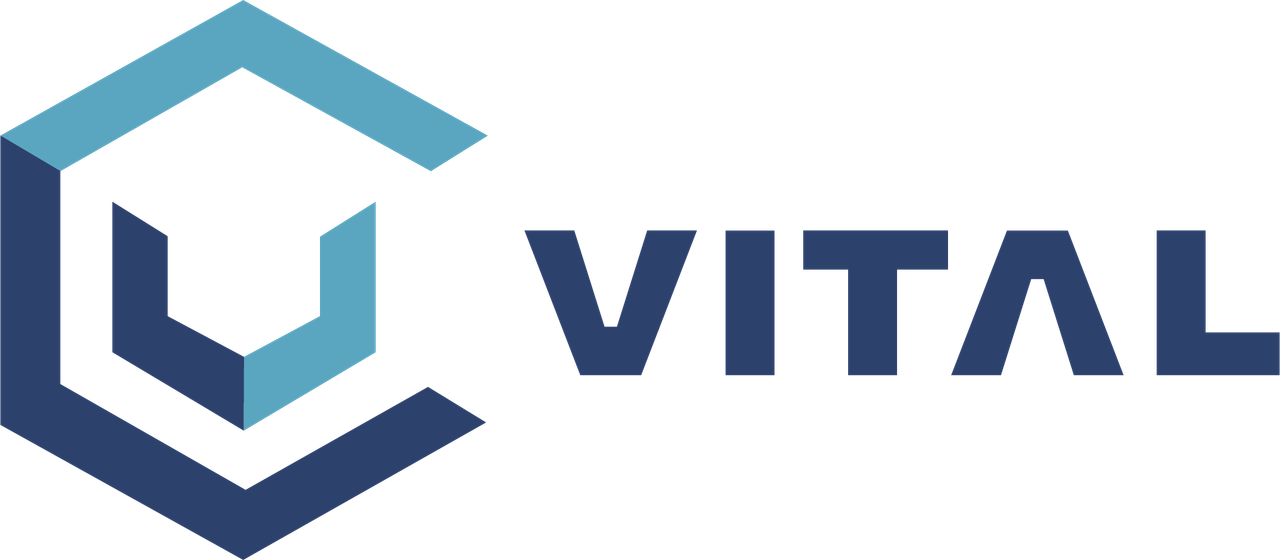In The News

IN THE NEWS - Fastmarkets: Vital's 'above-ground mine’ positions it for high-tech growth
Vital Materials' purchase of 3,609 tonnes of indium removes
the last of the minor metal supplies once held in the now defunct Fanya Metal
Exchange, which enables the company to lock in several years of indium supplies
from its own ‘surface mine’ and at low prices by historical standards.
The move from China-based Vital - one of the biggest minor metals producers in the world and a significant producer of chemicals with subsidiaries in Europe, North America, South America and elsewhere in Asia - is part of the company’s long-term strategy to become fully integrated in indium and grow its leading position in finished products.
The indium purchase, made by Vital through the company Kunming Rongke, follows purchases of bismuth, germanium, gallium and selenium and depletes the last of the once-looming Fanya stockpiles, bringing some clarity to a major uncertainty for the minor metals market.
The Fanya Metal Exchange was initially a boon to China’s domestic market when it was launched in 2011, providing another outlet for producers to sell material and giving a group of new investors the opportunity to step into what had been considered a specialist market.
The promise of a 14% return with minimal risk had investors flocking to the exchange, with some 220,000 investors registered to use it, Fastmarkets was told at the time.
But cracks began to show at the end of 2014 when some investors became wary while metal stocks piled up due to new production coming on-stream to feed demand for the exchange’s products. With sentiment souring, the exchange found itself exposed to continually falling prices for metals, while also being accused of failing to pay suppliers.
The bourse was shut down following investors’ protests, the arrest of the chairman and an investigation into the exchange’s allegedly fraudulent activity.
The stocks of metals once listed on Fanya had been sitting in government-controlled sheds until early last year. The uncertainty over how this metal would be turned into money to repay investors had been widely discussed since the exchange ceased trading in 2015.
With the last of those stocks now sold, the uncertainty surrounding the Fanya stocks will dissipate, but all eyes will be on Vital, who now have several years of commercial-grade material to consume over a period of time.
Vital, through Kunming Rongke, bought 3,609 tonnes of indium on Saturday January 18, equating to six years of global supply, at a cost of $415.4 million. Before this, it bought one year’s supply of bismuth (19,228.05 tonnes), four to six months’ supply of gallium (191.25 tonnes), an initial two months’ supply of indium, as well as significant volumes of germanium (92.31 tonnes) and tellurium (170 tonnes under Vital’s name).
The latest indium purchase price of $115 per kg represents a near 25% discount to the current spot market and a 75% discount to the 10-year average of $462 per kg.
Fastmarkets last assessed the price for indium 99.99%, in-whs Rotterdam at $145-160 per kg on Friday January 24; Kunming Rongke’s winning bid for the Fanya indium stocks was 790 yuan per tonne ($115 per kg).
Vital has said the material will not be sold back into the open market, suggesting that these stocks will be used to grow its business instead.
“All the metals will be consumed and leveraged internally with our extended value chain, along with the collaboration with our customers, it will benefit the industry and market in many ways,†Vicky Zeng , Global VP Sourcing, said.
This move fits with Vital’s business model, which for some time has been moving away from just selling material, instead focusing on producing ‘sub-systems and components’ or finished products. As it looks to become fully integrated, the company is targeting new high-tech applications that are key for their future growth, such as 5G and facial recognition.
These purchases appear to be forward thinking and gives the company access to what is, in effect, a mine above ground whose resources it can tap for years to come.
For Vital, having all this feedstock available in warehouses without the risk caused by obstacles such as trade wars or geopolitical tensions, could also speed up their own processes.
“If you are fully integrated, you can be competitive, if you do recycling yourself and have good sources of indium, you can be the leader,†Vital's chief executive officer, George Zhu, told Fastmarkets in 2018.
Several of the company’s recent acquisitions would support this long-term strategy.
One year ago Vital agreed to buy a bismuth pharma activity from the French company Orrion Chemicals. The move was described as part of a company goal to have ‘a pharmaceutical platform in Europe’.
On a broader scale, the purchases and potential business growth at Vital could strengthen China’s place as a leader further down the indium supply chain; not solely as an exporter of raw materials.
China is already dominant in global indium production, producing over half of the world’s indium metal. Sources suggest the latest developments could pave the way for the country to be present across the whole supply chain, from production to the end of life, and potentially the recycling industry.
Indium is mainly used to make indium tin oxide (ITO), a key material used in liquid-crystal display (LCD) screens for flat-panel devices - such as mobile phones, computers and televisions. The field, which had previously been dominated by producers in South Korea and Japan, already appears to be shifting in part to China, Zhu said back in 2018.
This mirrors the situation evident in other high-tech industries, including in magnet production and the lithium-ion batteries industry where the market is shifting to dependence on output from China over production from other countries in Asia.
But while Vital’s decision will have its advantages for the company, it comes at a cost, and competition remains fierce in indium.
There is an evident excess of stocks in China, despite the Fanya stock fears no longer looming, meaning that many in the market do not consider the future of indium to be particularly bullish.
One of the biggest concerns for market participants is that, after the purchase of vast amounts, Vital - which is both a producer and a consumer - will inevitably need to buy less volumes and this will depress global demand. When approached by Fastmarkets, the company said that they will continue to buy indium and other minor metals at the same levels as before and both on long-term annual contracts.
Concurrently, there are no major new applications on the horizon that would consume masses of indium. Vital’s stock purchases come at a time when some of its competitors have stopped producing or reduced refining volumes due to weak market conditions.
Market sources have said there have been indications that Apple could use a new display technology called miniLED in its line-up of laptops and tablets by late 2020, however, which will require an extra layer of ITO, as reported recently.
In the face of a trade war between China and the United States, the stifling effect of sanctions and duties and the uncertainty they have created, Vital has taken matters into its own hands. At the root of its recent round of purchases has been the identification of an opportunity in something that has weighed on minor metals’ market sentiment since 2015. In doing so, it seems to have positioned itself as a low-cost, integrated producer of the products and components that have already solidified their role in day-to-day life.
Additional reporting by Charlotte Radford and Ewa Manthey in London
Fleur Ritzema
Cristina Belda
cristina.belda@fastmarkets.com
